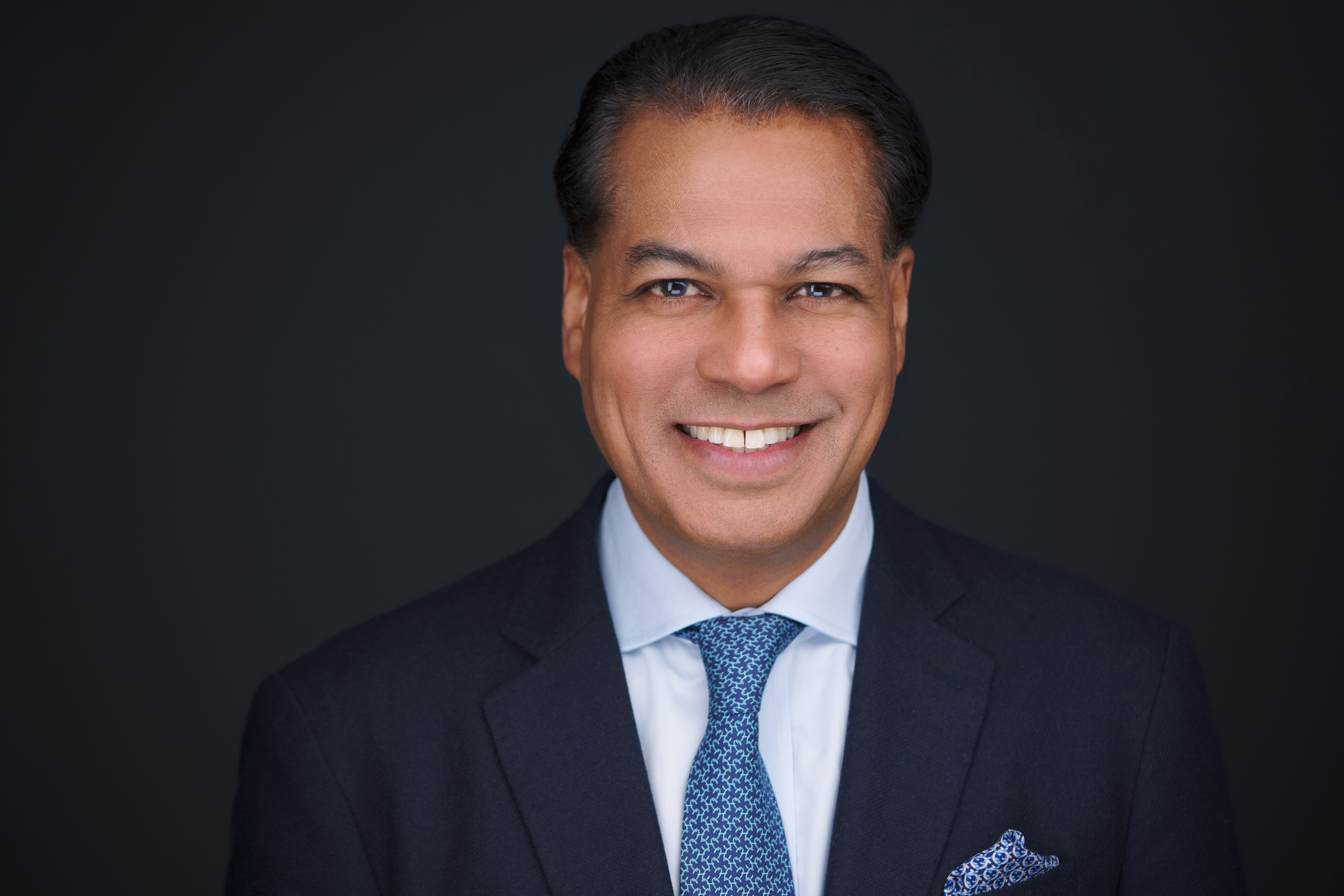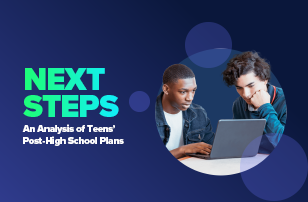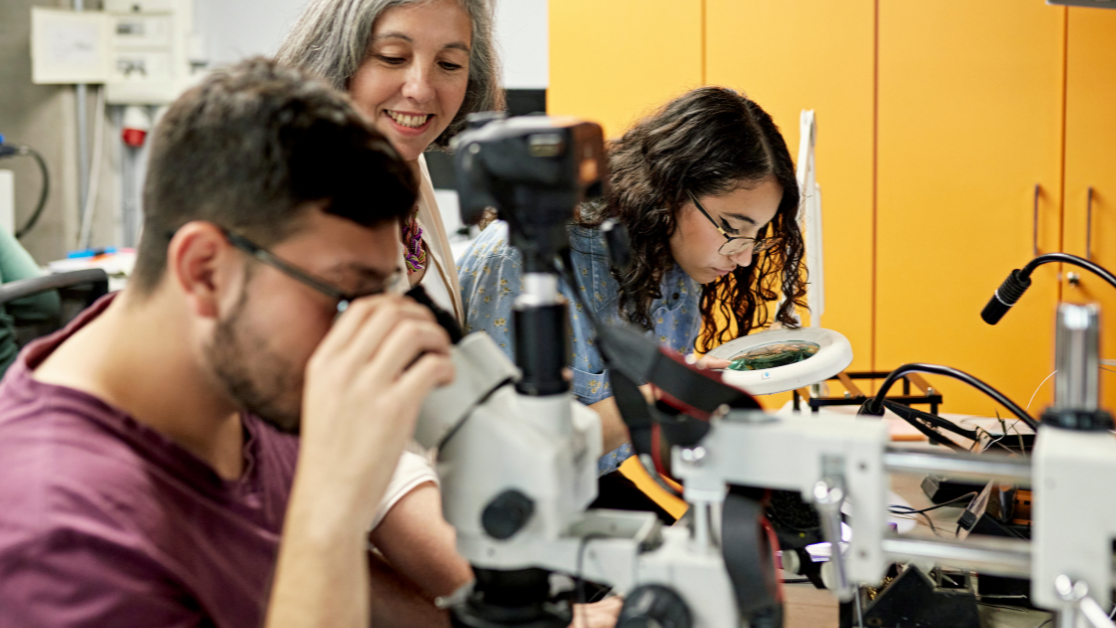Employers are looking to expand their talent pipelines and transform the way they hire. Young people are seeking out different pathways to the workforce than those their parents pursued. And in the background, impact investors are on the hunt for the smartest solutions to bring to life this much-needed social change to bridge what’s currently a large gap between education and employment. But what are impact investors really thinking about these days?
At this year’s ASU+GSV Summit, I moderated a panel discussion to explore how philanthropy and impact investing are paving the way for some of the most promising non-degree models to move from the theoretically interesting, to the truly viable.
I was joined by Mark Grovic of New Markets Venture Partners, Shauntel Garvey of Reach Capital, Drew Petty of the Walton Family Foundation, and Daniel Pianko of Achieve Partners. I asked them how impact investors are thinking about non-degree pathways in 2023.
Drew shared that there’s a transformation afoot in how investors think about educational pathways. “We started to realize that someone’s life learning journey and work does not end upon graduation or dropping out of a system.” Drew explained that his organization thinks in terms of three focus areas: programs (to include learning and business models and partnership models); employer engagement; and infrastructure or community-based systems, and that in terms of outcomes, they like to think along the lines of giving people a “choice-filled life,” social and economic mobility, and social capital.
Shauntel shared that her organization likes to study trends within the space to look for potential impact areas and therefore noticed pervasive issues around the existing $1.7 trillion worth of student loan debt as well as underemployment. “We’re seeing that Gen Z’ers are checking out and they don’t see the value and ROI of a traditional degree…So we started thinking about ‘Are there ways to create pathways that are relevant and industry driven and ensure people are getting the skills that are in-demand today?” She explained that she and her colleagues honed in on work-integrated learning as an opportunity for great impact, which has led to investment in a number of companies and initiatives that are driving change in this area.
Mark explained his organization’s problem-driven perspective as the motivating factor behind their work. “If there are 100 people who start high school, 85 graduate and 56 enroll in college. And then 30 graduate and 15 of those get a good job. So, in our point of view, 85% of America is being failed by the system…We need to address that problem and the way we try to address it is by backing entrepreneurs who have a proven solution at different stages that research shows will lead to a better outcome.”
The group talked about credentialing as a necessary part of the equation. If the BA was once the cornerstone of a strong CV, what is replacing it? The need exists, they explained, to be able to define, assess, validate and then credential the specific skills that are in high demand within employment spaces. “There is a lot of opportunity for other sectors to build recognition strategies around the credentials that will lead to improvements in peoples’ professional lives,” shared Mark.
“There is going to be a world where [credentials] are more hybrid,” explained Shauntel. “There will be universities changing their models; maybe doing more flexible programs, partnering with companies and providing alternative credentials…I think it’s going to lend [these pathways] some credibility until we get to the point that employers are really ready to embrace these credentials.”
Clearly, a lot of work is required in order to get both education systems, employers, and the general public ready for a monumental change in how they think about, deliver, and engage with emerging pathways into the workforce. Daniel ended the discussion by summing up the scale of the opportunity and the scope of the complexity: “I want everyone to capture in a bottle the excitement you feel right now about the future of what we’re talking about. And I want you to realize that it’s actually really hard. We don’t have a system of apprenticeships in this country. We don’t have a system that connects employers to universities. We have a youth underemployment crisis…Remember how hard it is to change the world.”
Watch the full panel conversation here.





